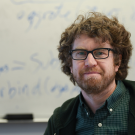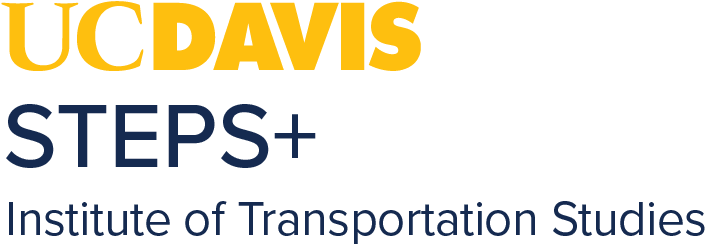Event Date
Event Overview
Alternatives to motor fuels taxes (colloquially, “gas taxes”) are necessary to supplement declining state and federal transportation revenue. Distance-based fees, like mileage fees, have been suggested, but public support is low. Perceptions of fairness, cost, and privacy are key reasons. In this webinar, we will discuss existing support for mileage fees at a national scale, factors affecting low support, and key leverage points for policy makers and DOTs looking to gain support at local, state, and federal scales. This includes preferred mileage fee rate structures and mileage collection options, as well as critical knowledge gaps that can be addressed using public outreach. Additionally, we will report on a recently published paper discussing mileage fee equity using DMV data for over 360,000 real vehicles across the state of Vermont. This study directly addresses the widespread misconception that rural and low-income drivers will be disproportionately impacted by replacing motor fuel taxes with mileage fees.
Speakers

Dr. Greg Rowangould is an Associate Professor in the Department of Civil and Environmental Engineering at the University of Vermont and Director of the UVM Transportation Research Center. He is an expert in modeling transportation systems and travel behavior, transportation policy evaluation and mobile source emission and air quality analysis. His research focuses on understanding how the design and operation of transportation systems and transportation policy affect the sustainability of communities, public health, and equity. Since moving to Vermont, he has focused greater attention on the transportation needs of smaller cities and rural communities where there are unique challenges to sustainability and economic development. Dr. Rowangould holds a Ph.D. in Civil and Environmental Engineering from the University of California, Davis, a MS in Resource Economics and Policy from the University of Maine, and a BS in Chemical Engineering from the University of Maine.

Clare Nelson (she/her) is a Civil and Environmental Engineering MS student from the shoreline of Connecticut. She received her BS degree in Civil Engineering from UVM, where her honors thesis focused on the equity and public support for alternatives to the gas tax. Her MS research with Dr. Greg Rowangould is focused on better understanding public perceptions of, and pathways towards equitable and economically viable transportation funding policies. Her other research focuses on large scale land use and travel behavior, examining the relationship between the built environment and household VMT using longitudinal data. She hopes to provide more concrete guidance for local and regional transportation GHG-reduction policies.
